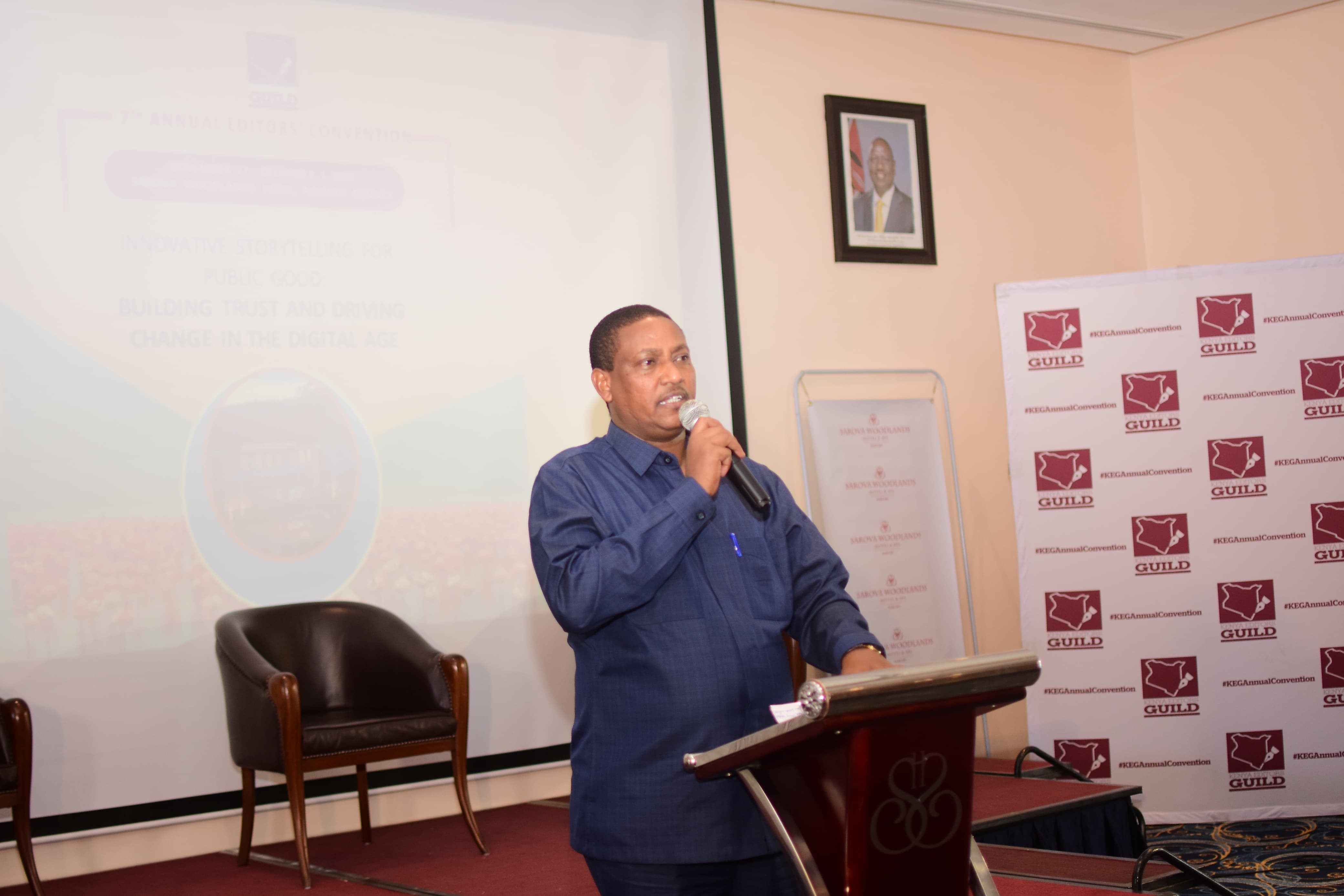
Imagine you are cruising down the open road in your vehicle, embarking on a long-distance journey.
The sun is shining, the scenery is breathtaking, and the atmosphere in your cosy car is perfect.
In all this, you have stocked up on your favourite snacks and drinks, and the soothing tunes add to the vibe.
As you enjoy your treats and feel content, a small issue arises—what do you do with the empty wrappers, bottles, or other trash?
Without a designated trash can in your car, you’re left pondering where to stash the garbage, disrupting your otherwise seamless and enjoyable ride.
It is at this point, that you roll down the window of your car and throw away the trash on the road. But how irresponsible is this?
Nema Director General Mamo Boru says Kenyans must take responsibility to ensure that their environment is clean and not wait for others to do the cleaning for them.
“Kenyans being litigious people, we currently have 362 cases against Nema. Some are frivolous and a waste of court time,” he said.
Speaking on Friday during the 7th Editors Guild Annual Convention in Nakuru, Boru said Kenya lacks action from its Citizens.
“We have enacted several regulations in managing the environment. Most of the time Kenyans will say ni haki yetu and forget they have to take care of the environment,” he said.
“When I was on my way I saw someone rolling down the window and throwing out waste. We must take responsibility and manage our waste.“
Boru urged the media to amplify matters to do with Environment in their channels.
“What we lack is the citizen action. The media should amplify this. Environmental reporting is not given precedence in the first pages of the newspapers,” he said.
“If we look at the global communities, we are faced with climate change which is an existential threat to farmers and pastoralists and also pollution."
He said Kenyans emit 0.5kg of waste daily.
“For 50 million Kenyans, we generate about 500,000 tonnes every day. 60 per cent of it is organic but as a country, we do not have an organic plant,” he said.
Buru says 30 per cent of the waste Is recyclables, and 10 per cent are electronic waste.
“Most of these will end up in dumping sites. This is our environment, our life and our responsibility,” he said.
Two days ago, Kenyan civil society groups urged African leaders to unite in demanding decisive action to reduce the production of plastics and eliminate hazardous chemicals in plastics throughout their lifecycle.
The groups urged for a legally binding instrument to protect vulnerable women, who make up nearly half of all waste pickers in Kenya.
Nairobi-based Centre for Environment Justice and Development and Heinrich Böll Foundation in Nairobi complained that plastic production has more than doubled in the last 15 years, with global output reaching 400 million tonnes annually.
Less than 10 per cent of all plastics globally are recycled, leaving waste to accumulate in ecosystems, harming biodiversity and burdening marine and terrestrial environments.






![[PHOTOS] Ruto, Sakaja inspect key projects on day 3 of Nairobi development tour](/_next/image?url=https%3A%2F%2Fcdn.radioafrica.digital%2Fimage%2F2025%2F03%2F1357e6fa-302f-49e0-8ac4-64677e16ac63.jpg&w=3840&q=75)



